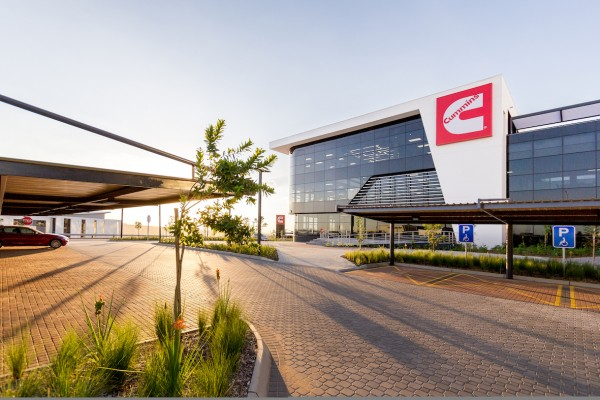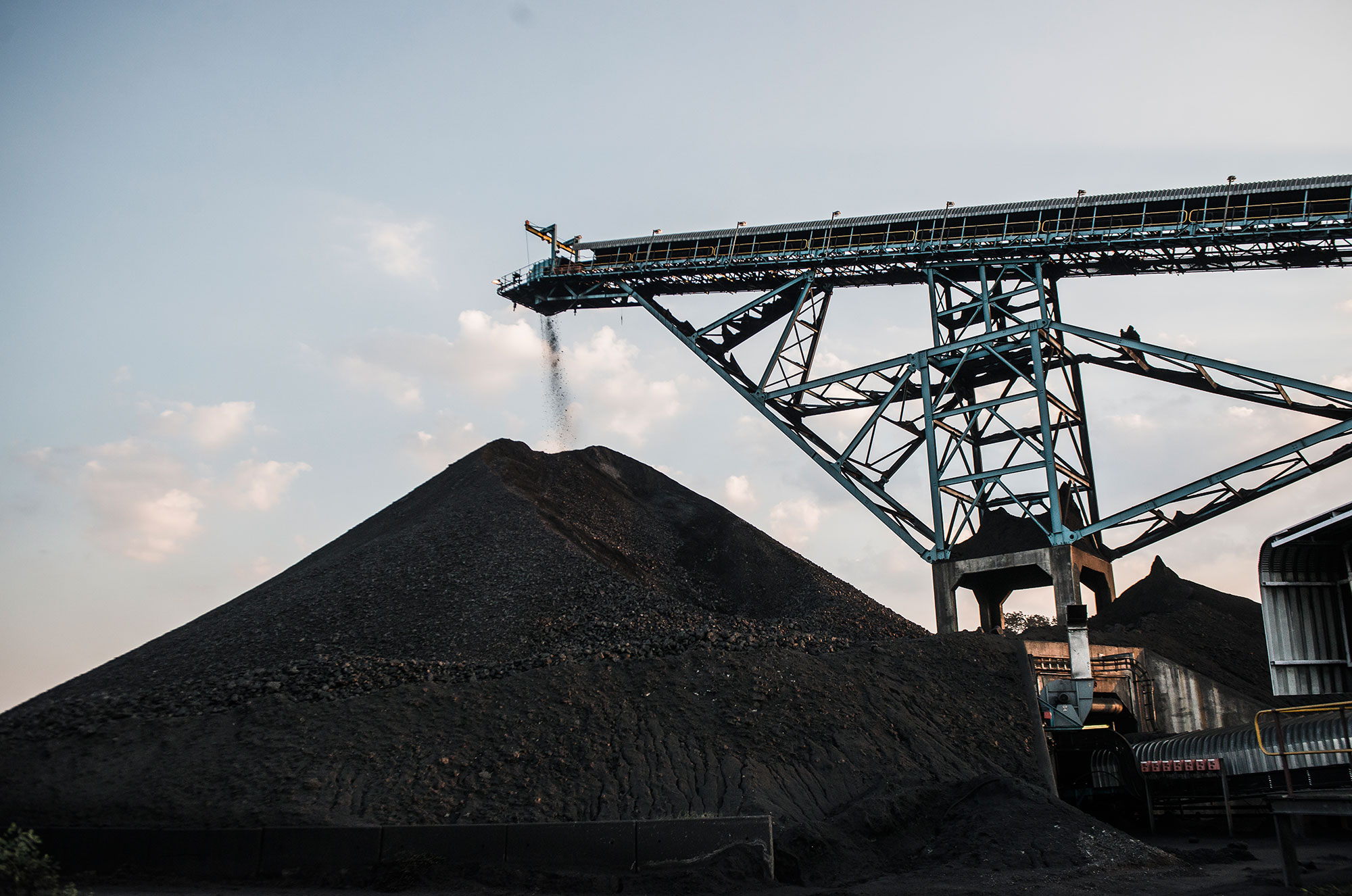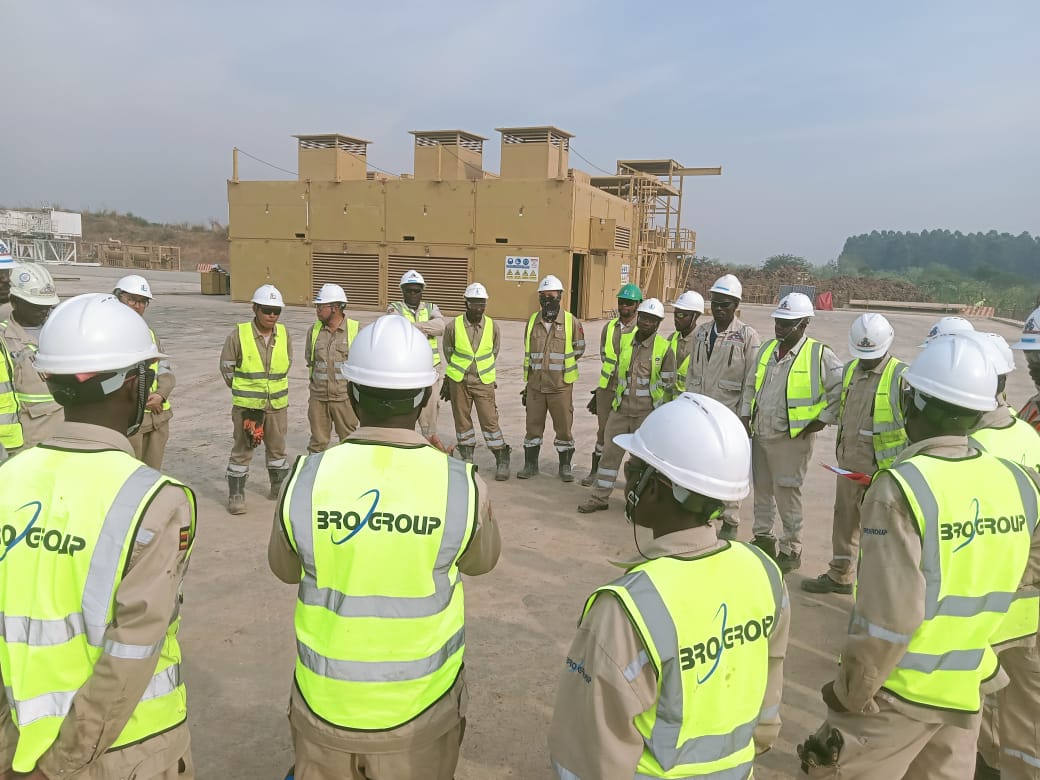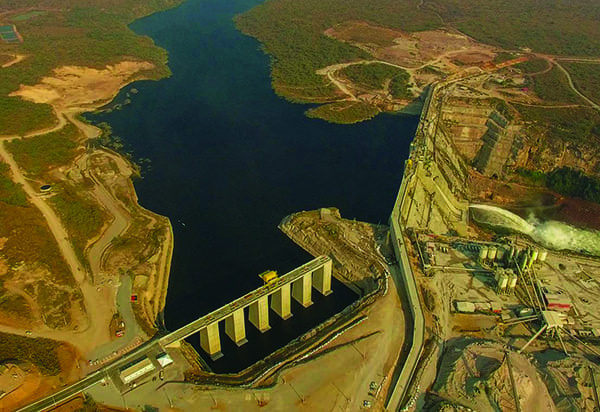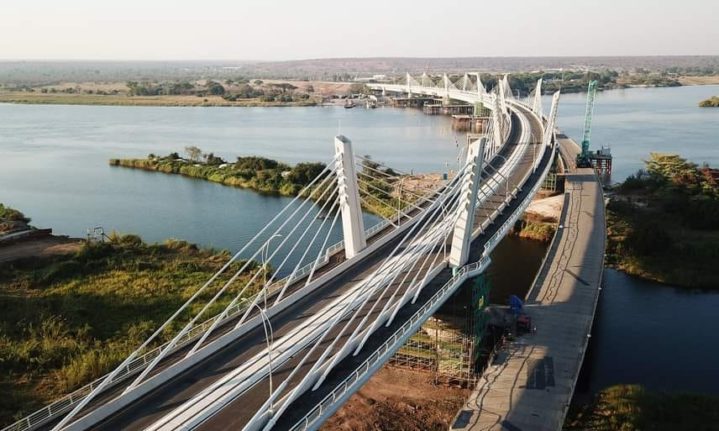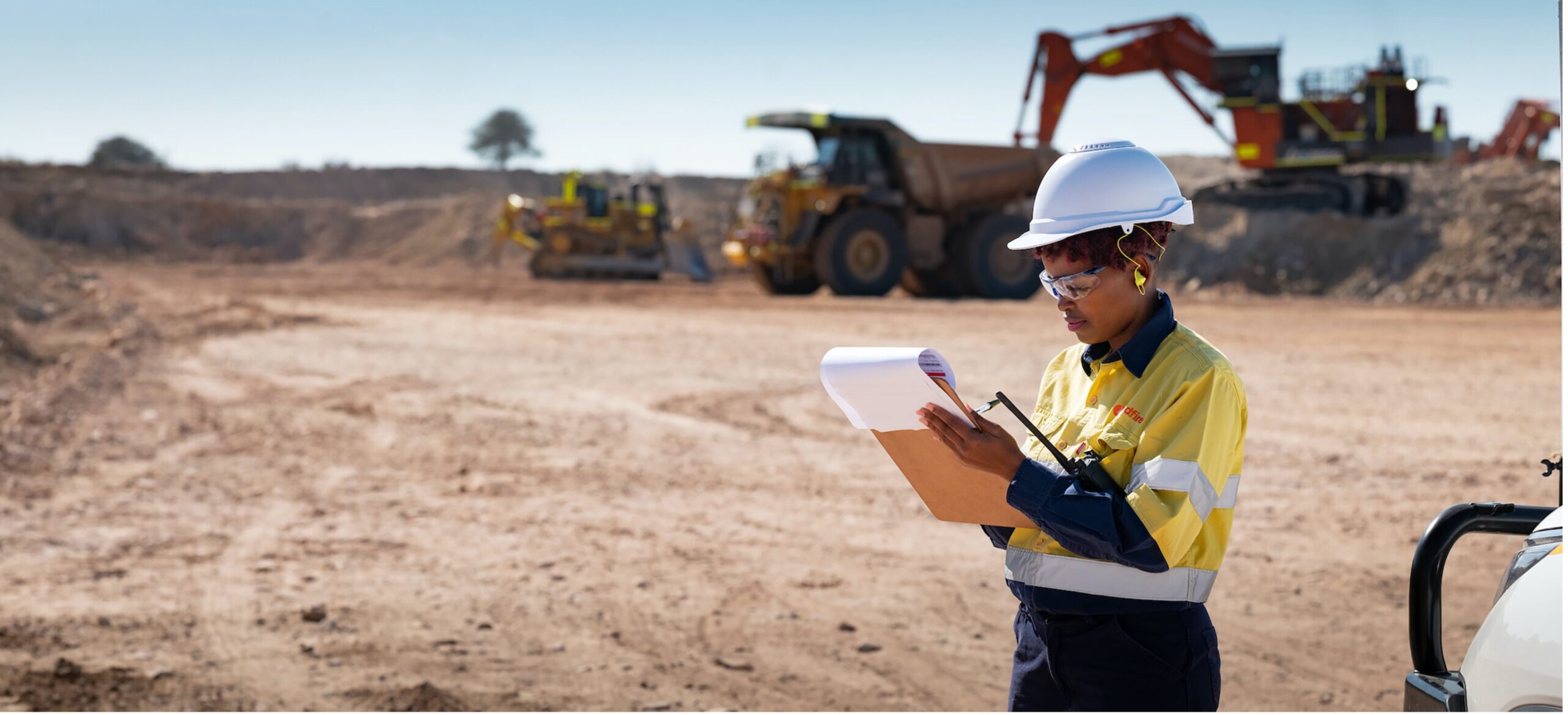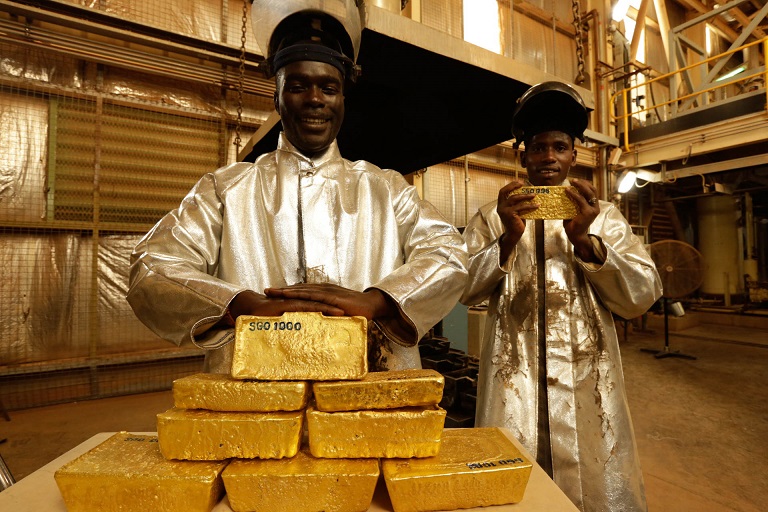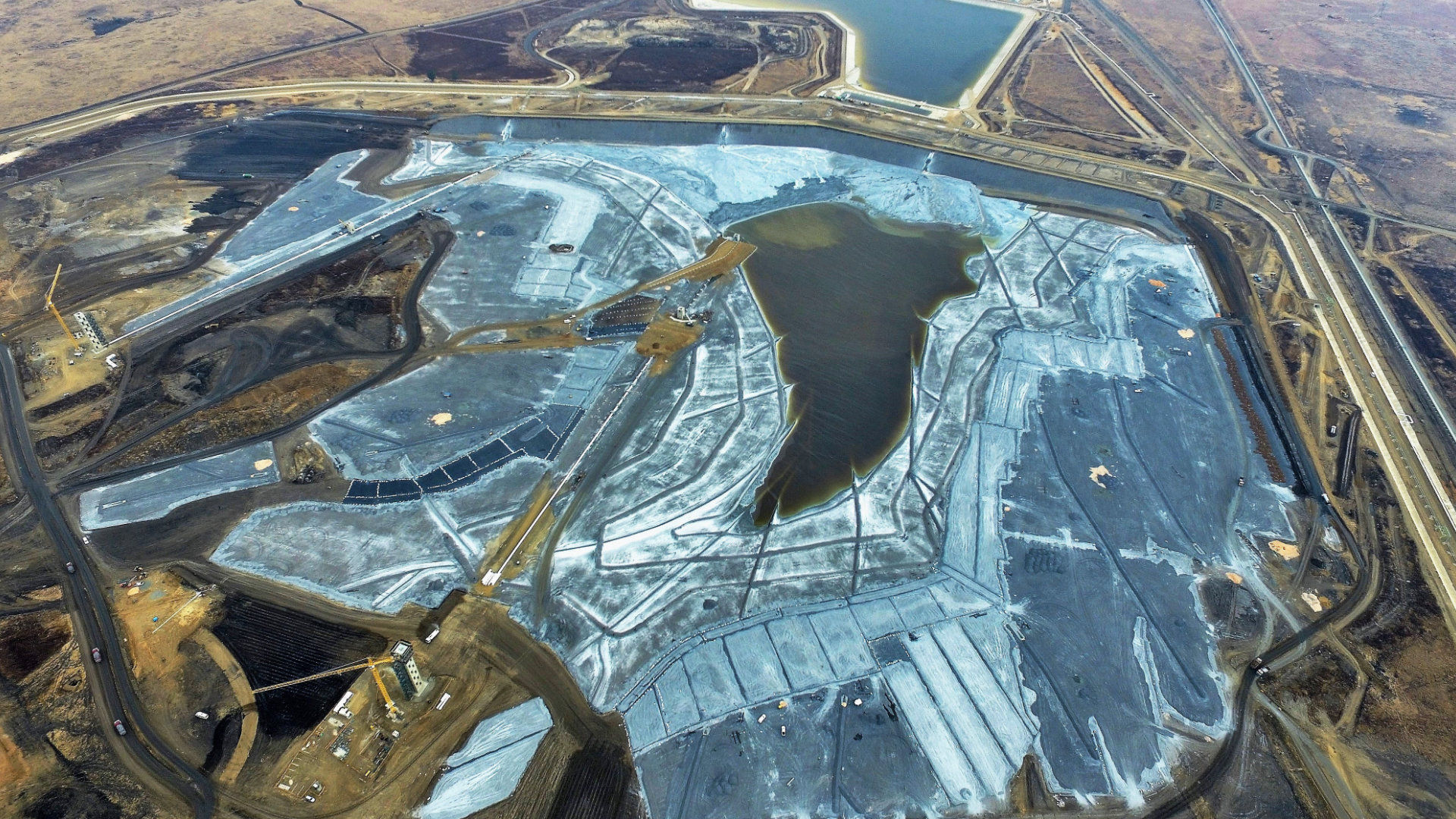
Introduction
WBHO Infrastructure stands at the forefront of Africa’s infrastructure development. Known for its unwavering commitment to excellence and innovation, WBHO has been instrumental in completing high-impact projects that significantly contribute to the continent's economic growth. This comprehensive profile explores WBHO Infrastructure’s operations across Africa, highlighting key projects and featuring insights from senior executives.



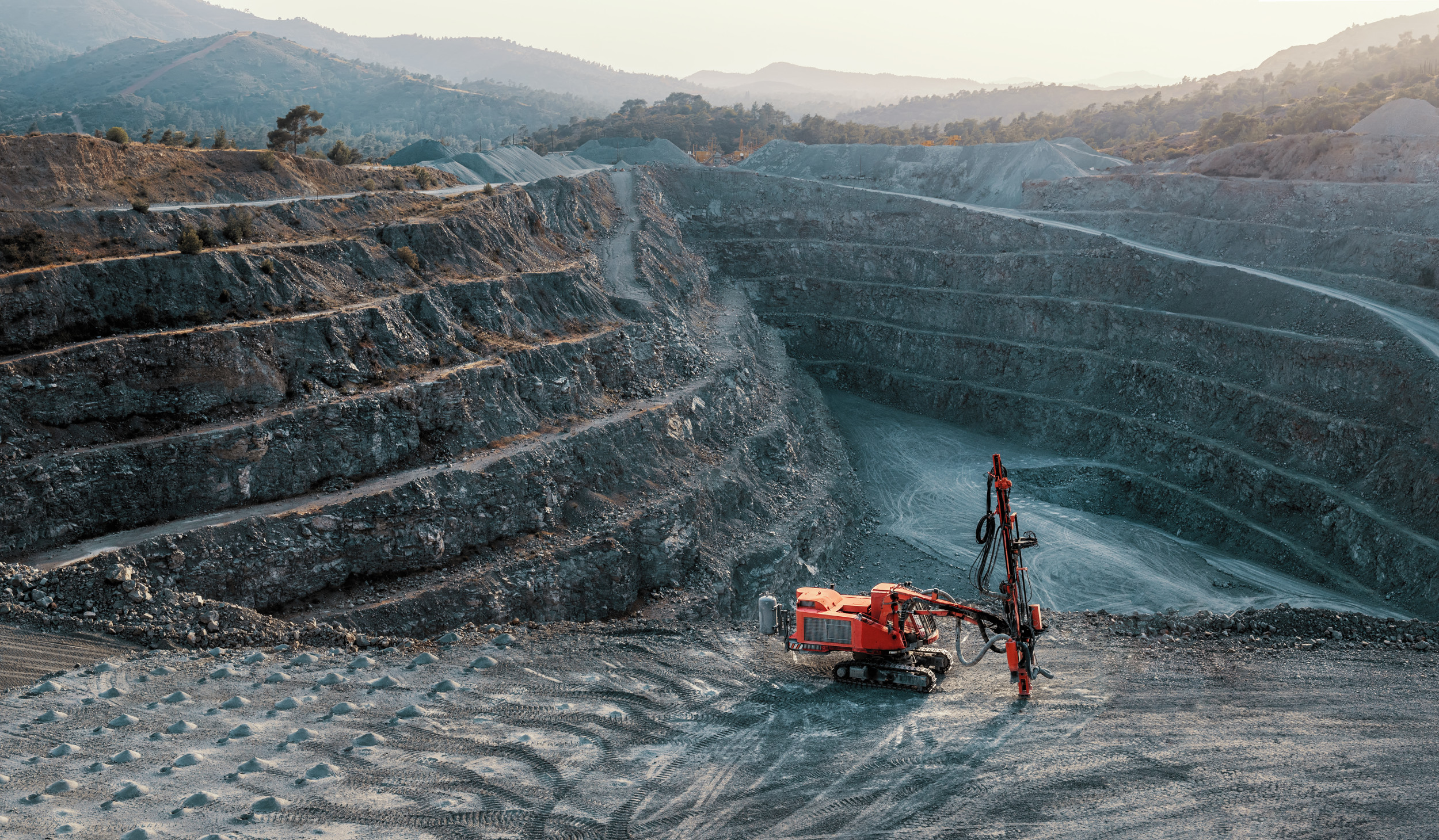
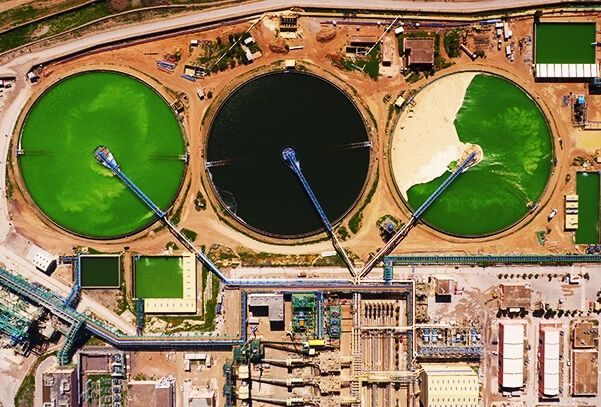
 OCP Khouribga Mine- BE Mining Magazine.pdf
OCP Khouribga Mine- BE Mining Magazine.pdf